“We’re here to get each other through this thing, whatever it is.â€
— Mark Vonnegut
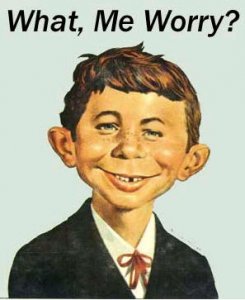
Anyone who tells you to not worry about what other people think (and means it as a serious piece of advice), should probably be shunned and ignored — and if you’re feeling really uppity (and don’t shy away from “being crazy“) dragged out into view of the public eye and flogged mercilessly (at least metaphorically).
The thing is that we’re social creatures. We exist in community vacuums (some how, some way), and anyone who tries to lead you to believe otherwise is a self-destructive misanthrope and pariah — and should be treated like one.
We rely on the support and consensus of other to get by. That’s our competitive advantage over all the other poor, miserable beasts in this world that would’ve otherwise had our ancestors for breakfast, lunch or dinner.
I mean, yes, of course it’s important to not go through life worrying only (or mostly) about what other people think. It’s like the man said: If you try to make everyone happy, you’ll end up making no one happy (especially yourself).
But like another man said: “You gotta serve somebody.”
The fact of the matter is that we all have heroes and allies, and these are the people whose thoughts we have to worry about. They are the people we bond with and look up to, and without them, we are nothing — we’d become lone rocks and islands, and even the tide that wears us down won’t remember us.
So while you can’t make everyone happy, and while you shouldn’t worry about what everyone thinks, you have to worry about what some people think, because those are the people we throw our lot in with and rely on when we need someone.
This is where heroes come in: heroes are worth having not because you’re supposed to follow in their footsteps, but because when you don’t know what, you can always ask yourself what they would do if they were in your shoes.
So while you shouldn’t worry about what everyone thinks (because you can’t and if you did, you’d just disappoint everyone — including yourself), you should worry about what the people close to you think — your close friends, the family you admire, your comrades, and your business partners. Because these are the people you’ve thrown your lot in with, and you’ve done that because you kinda see eye-to-eye with them on a lot of things and you kinda trust them and you kinda admire them.
The people close to you, they’re your barometer, your canary in the coal mine, and without them, you’d be alone and lost. So if you’ve really chosen these people to be part of your tribe, be cognizant of how they might receive your next move or decision. Because if you’ve chosen them as your tribe, then their opinions and perspectives and friendship means something to you, and that should mean something. And if it doesn’t, then you need to really re-evaluate your choice of friend, families, and lovers…




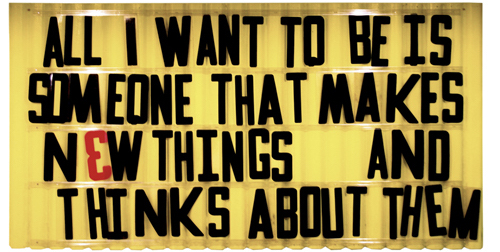

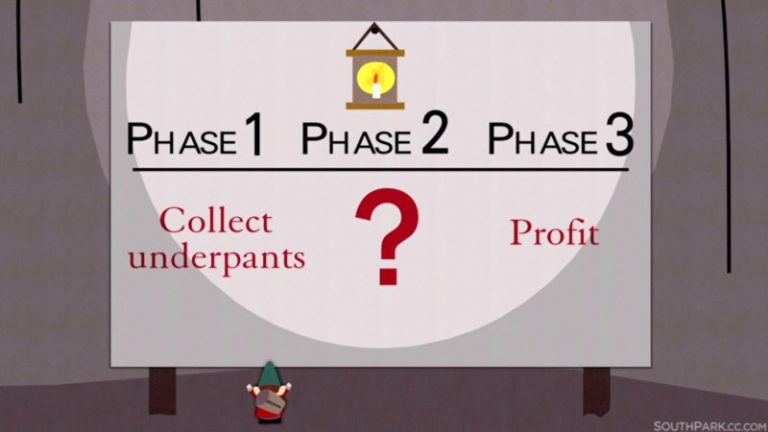
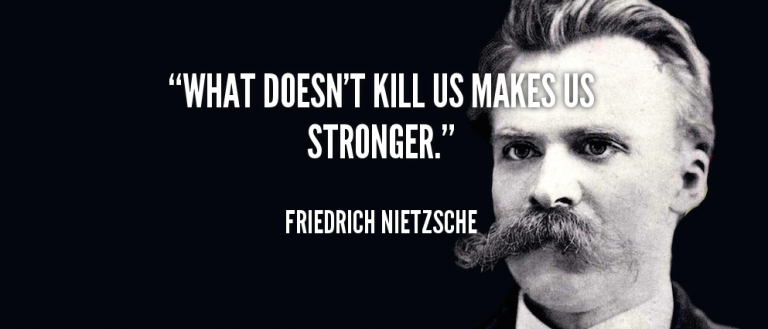

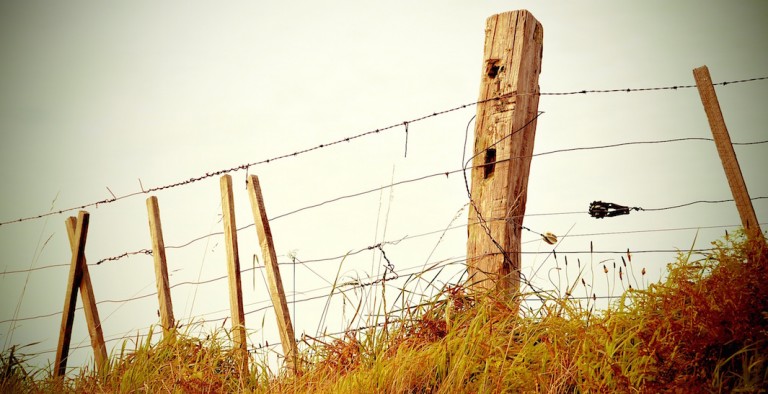
I agree with you on this, and share your worry about people who (at least say they) don’t care what people think. That said, I’d add three tips/caveats when it comes to getting advice and opinions.
First, it’s important to be comfortable to the degree to which you self-identify as a “people pleaser”, knowing it is still you making decisions. I’ve seen people get a bit self-loathing about pleasing others, when really it’s important and just has to be done confidently.
Second, be careful about being so wrapped up in getting feedback that your actual actions/production suffer. Not only does getting opinions take time, but a massive pile of sometimes conflicting opinions can be mentally crippling. Get feedback in proportion to the severity of the decision/situation, and don’t always assume more opinions = better advice.
Third, be very careful about advice and opinions from people you trust and love generally, but who are in no way at your level of experience in the area in question. You have a wealth of context that is highly relevant to a decision, and it would be a tragedy to have a great idea spawned from hard work and thought crushed by the words of someone who isn’t in the know about how you got there.
Nice post CT, thanks!
All three points are good ones. This post, though, wasn’t so much about people’s feedback or opinions, as it was about vanity — our amour propre, as Rousseau would put it. It was kind of my silly way of saying “worry about what others think without worrying about what people think.”
As for people pleasing, I don’t think that should ever be an explicit goal. That’s just plain servile and leads nowhere.
That was kind of my point about heroes. We’re not supposed to emulate them because no one who emulates is worth emulating. We’re supposed to blaze our own trail (as they did), and only when we’re not sure what to do should we ask ourselves “What would they do?” or “What would they think?”.